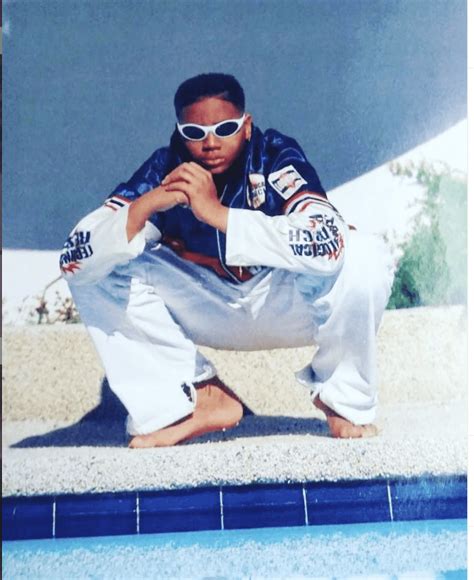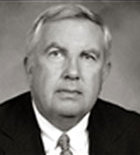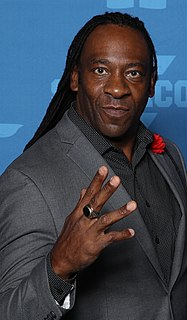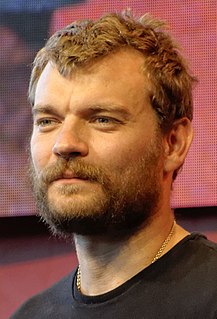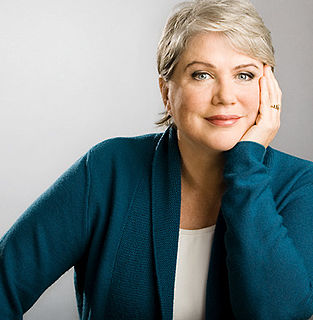A Quote by Leonard Maltin
I can't think of another actor who acquired stardom so quickly, who held it for such a short time, and then kept it for such a long time. James Dean became a star in one calendar year, and then he left us. But he's still being talked about, he's still being revered, he's still being iconized forty years later. I don't think there's another example like it in the entire history of movies.
Related Quotes
I grew up in an artistic family where everyone was doing something in one field of the arts or another. I was I think 12 years old when I did my first acting at the Actor's Studio and James Dean once said that the only reason to become and actor is because you have to. I think that you know from a young age if that is a certain rush that you're going to need to satisfy you and to make you feel fulfilled - and if you don't then you shouldn't do it. It's just too brutal of a business most of the time.
And James L. Brooks then sort of became our mentor, brought us out to Los Angeles and worked on the script for a year with us. We learned so much working with him - just being able to spend time with him, the quality of his mind, the things he comes up with and says. I think Wes [Anderson] and I could go to dinner tonight and spend the whole dinner thinking and talking about things that Jim has said to us over the years.
In theater they want to put you on a contract a year in advance and I don't really like that. That's the reason why I became an actor - I like the freelance work. It's interesting, I like not being told what to do still, and I have a job where people tell me exactly what to do, so maybe I don't know myself as well as I want to. I think my last play I did was three years ago.
Who has inflicted this upon us? Who has made us Jews different from all other people? Who has allowed us to suffer so terribly uptill now? It is God that has made us as we are, but it will be God, too, who will raise us up again. If we bear all this suffering and if there are still Jews left, when it is over, then Jews, instead of being doomed, will be held up as an example.
I just became a stronger agnostic, and then I started to realize that everyone who was saying they were agnostic really hadn't thought about it that much. Still, I went with agnosticism for a long, long time because I just hated to say I was an atheist -- being an atheist seemed so rigid. But the more I became comfortable with the word, and the more I read, it started to stick.

